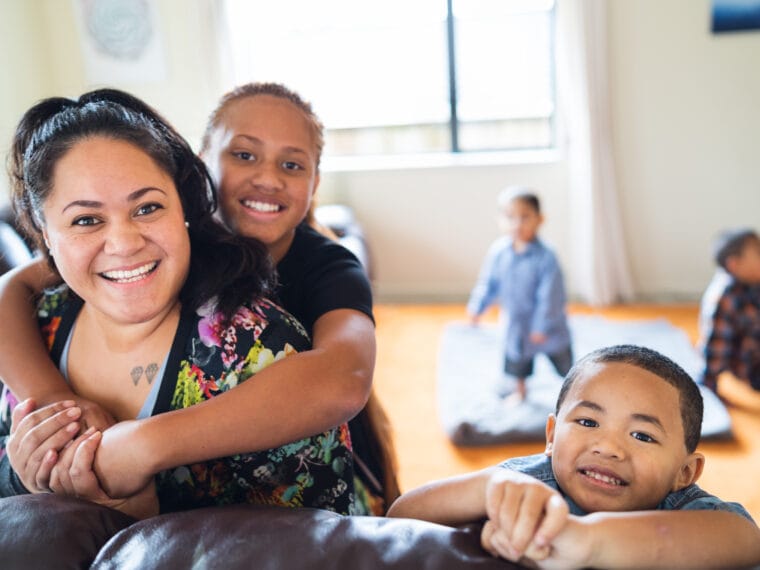What Non-Conforming Expression has Taught Me about Neurodivergent Identity My autistic teenage daughter emerged from their room, bright blue hair tied into two pigtails, their face dotted with vividly coloured rainbow freckles. I felt my body brace before my mind could catch up, the familiar urge rising to say something like, “You’re not going out […] Read more…









